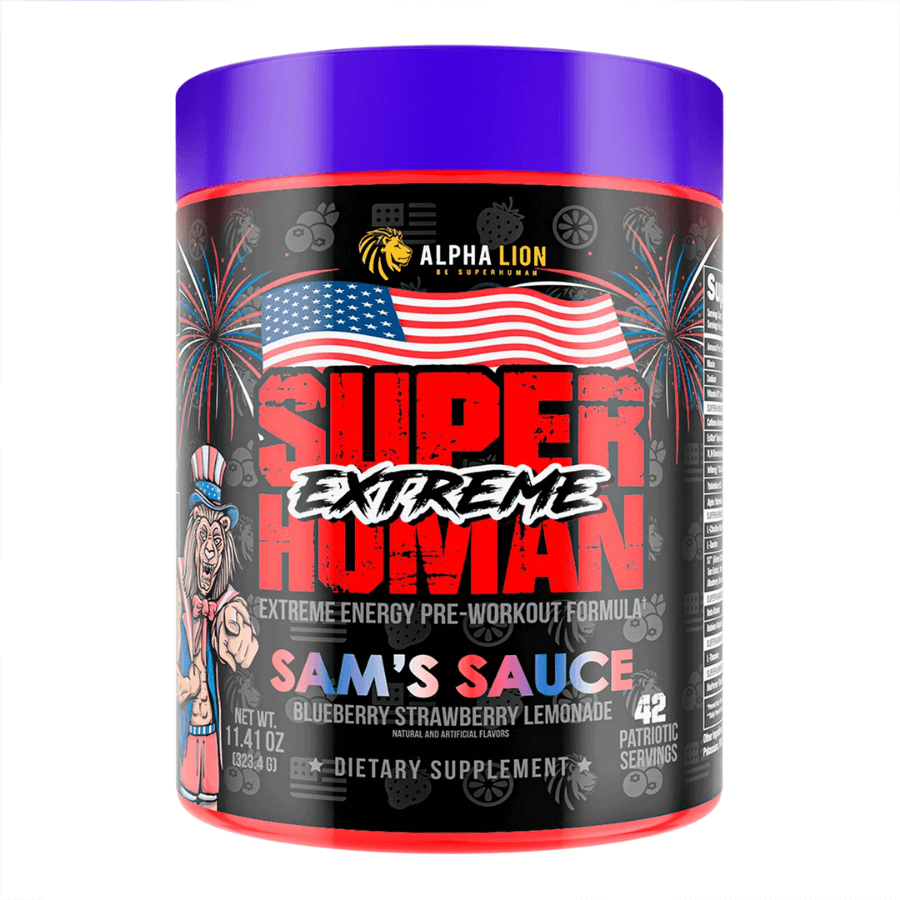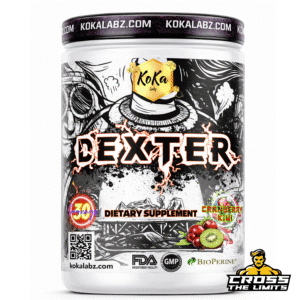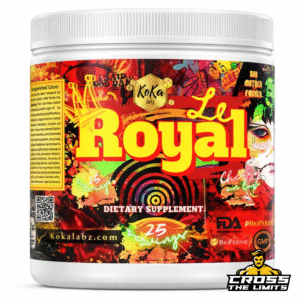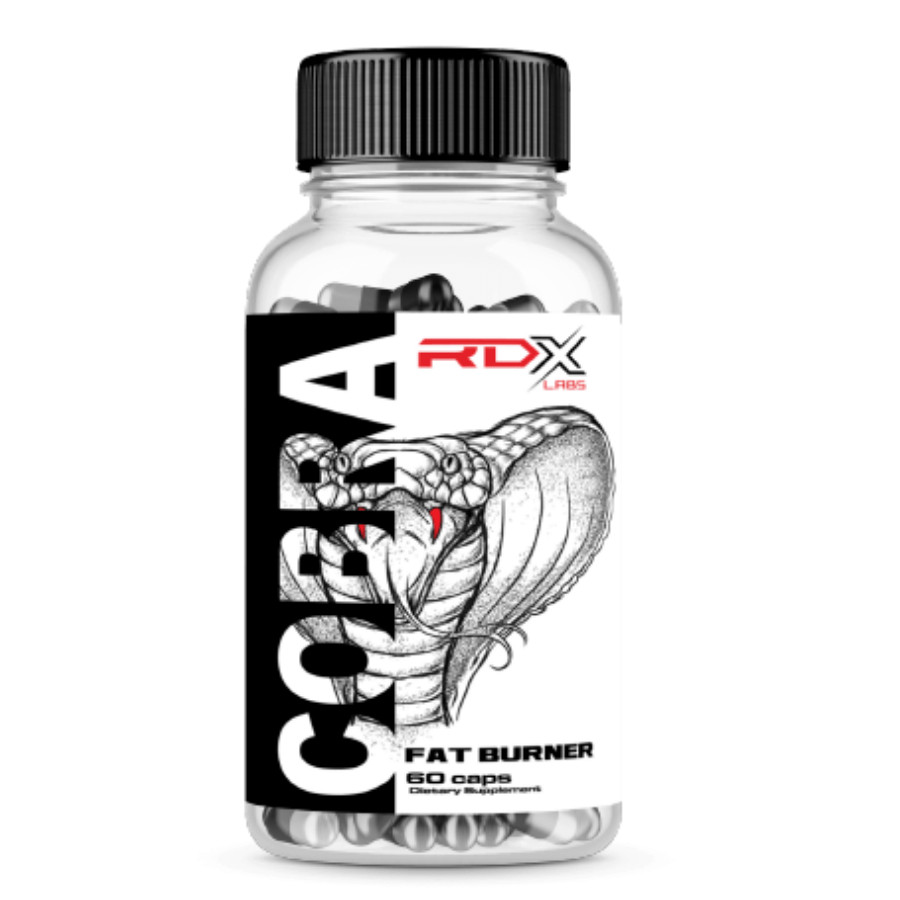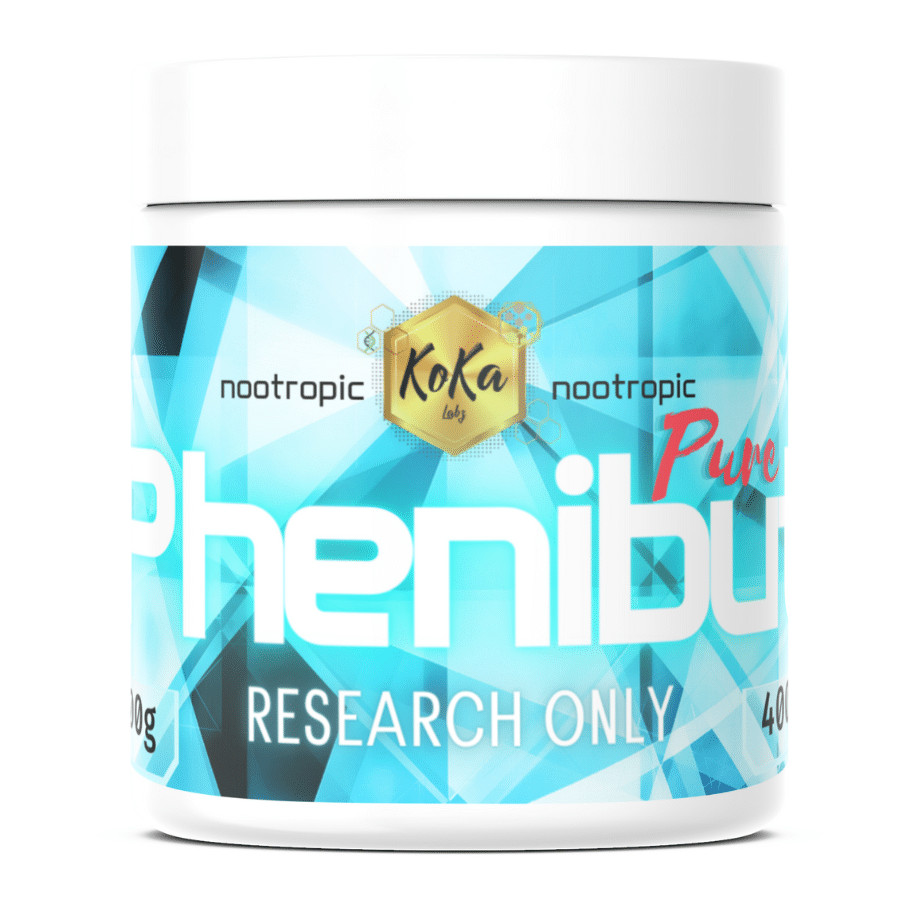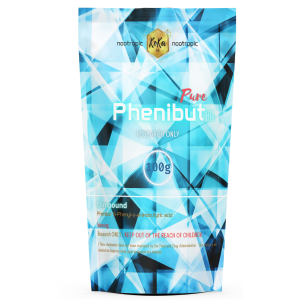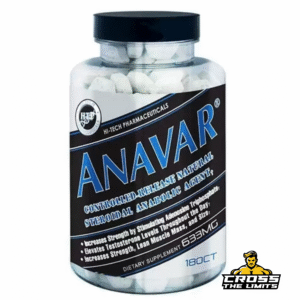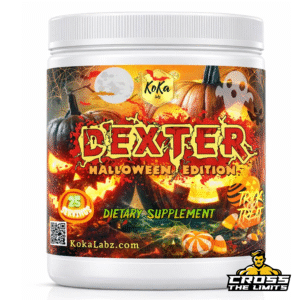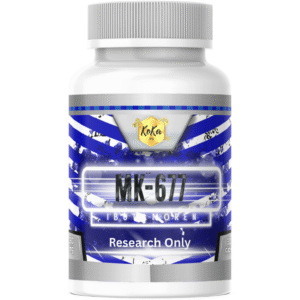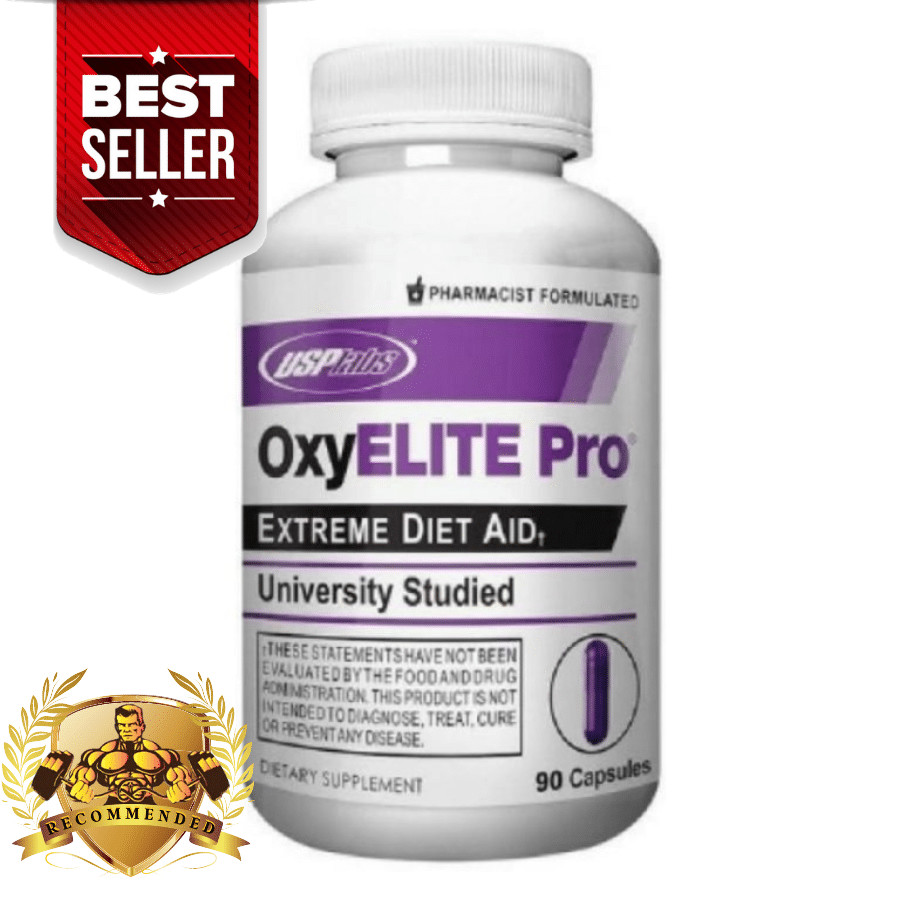Many physically active people use pre-training supplements, especially before strength training. This is to achieve a stimulating effect, usually caused by the caffeine contained in them. Then, of course, there are more ingredients. Usually, creatine, beta-alanine, taurine etc., are added. Nowadays, you can count on a wide range of pre-training products that help you build muscles, extend your workout, increase exercise intensity, improve regeneration and protect your muscles from excessive breakdown. However, the question arises – can you get these effects and is it worth using caffeine before exercise?
Is caffeine before exercise a good idea?
Caffeine is mainly associated with coffee, but its sources include cocoa, tea, cola, energy drinks and energy gels. It is a substance with almost 100 per cent absorption, with the ability to penetrate deep into cells. After 40 minutes of caffeine consumption, you feel the maximum stimulation effect. For this reason, it is taken half an hour in advance before starting a workout. There are virtually no effects immediately after consuming caffeine. You have to wait for it to start working correctly. The average half-life of caffeine is three to five hours, depending on the body’s individual ability to metabolize it. The concentration of individual hormones significantly affects how long they will remain in the body. For example, smokers metabolize caffeine twice as fast.
-
Out of stock-
Add-
Many people wonder how much caffeine in pre-workout supplements will be optimal for a sportsperson. It is assumed that between 200 and even 300 mg of caffeine should be used daily. It would help if you didn’t overdo it because excess caffeine is, unfortunately, a direct route to several unpleasant ailments. This primarily results in dizziness, problems with concentration and nervousness. You may even experience muscle twitching and sleep disorders. Avoid taking a dose of 600 mg per day for an extended period. People with high blood pressure have to be careful. Physical activity alone raises this parameter, and in combination with caffeine, the blood pressure may increase to such an extent that it becomes a severe health risk. Caffeine use by people with anaemia, iron deficiency and diabetes is also risky.
What are the benefits of using caffeine as a pre-workout?
One of the main benefits of using caffeine before a workout is performing more repetitions. It affects the nervous system and blocks specific receptors, so that information related to actual energy expenditure during exercise does not reach the brain. The feeling of fatigue is replaced by stimulation, and the increase of dopamine concentration in the bloodstream is responsible for that. You can count on performing more repetitions and on a better focus on technique. This, in turn, improves the precision of movements, which guarantees increased safety and reduced risk of injury.
People who use pre-training supplements containing caffeine are more motivated to exercise – their motivation remains high for a long time. Moreover, their reaction time decreases, especially during dynamic exercises. Caffeine also helps eliminate pain which athletes experience during and after training. The compound delays the pain signal, making the body a more significant effort. If someone wants to train intensely, especially strength training, caffeine will be a good choice. It speeds up post-workout regeneration and increases the accumulation of glycogen in muscles. As a result, they can rebuild faster after exercise. Caffeine also stimulates metabolism and increases thermogenesis, which promotes fat loss.
What can you find in pre-workouts, and does caffeine have to be in them?
Pre-workouts are never one-ingredient sills. There are various products added to them. When choosing them, keep this in mind depending on the effect you want to achieve. Each ingredient has a slightly different effect, so taking them together allows you to increase the effectiveness of a given supplement. The lack of caffeine in pre-workout supplements does not have to be a problem. You can still count on improved exercise performance and increased strength, as well as a stimulating effect. Caffeine is combined with other substances in herbal extracts, an example being ginseng. Pre-training products without caffeine and other stimulating substances are a good choice if you train in the evening to prevent falling asleep. Pre-training products often contain taurine, which increases regeneration, prevents excessive tiredness, and transports creatine to muscles. You can also count on feeling better.
Creatine prolongs the duration of the training and accelerates the body’s regeneration afterwards. It promotes the regeneration of muscle tissue. Pre-workout supplements are also supplemented with beta-alanine, which increases the concentration of carnosine in the body, which is necessary for building muscle fibres. It is a compound that reduces fatigue, allowing you to perform longer workouts. Amino acids are also prevalent, contributing to an increase in nitric oxide, which translates into a better muscle pump, crucial to athletes. L-arginine, l-tyrosine and l-citrulline are responsible for this effect. You can also find vitamin C in pre-training products because of its potent antioxidant properties. Since intensive exercise is a stress factor for the body, taking vitamin C before training reduces oxidative stress.
About the author
Cross The Limits
Cross The Limits is a passionate advocate for health, fitness, and well-being. Since 2018, we have been providing top-quality dietary supplements and vitamins across the UK. Based in Suffolk, our team is committed to helping you achieve your fitness goals with trusted products, expert advice, and unwavering support. Through our blog, we share valuable tips, insights, and the latest trends to inspire and guide you on your health and fitness journey.

